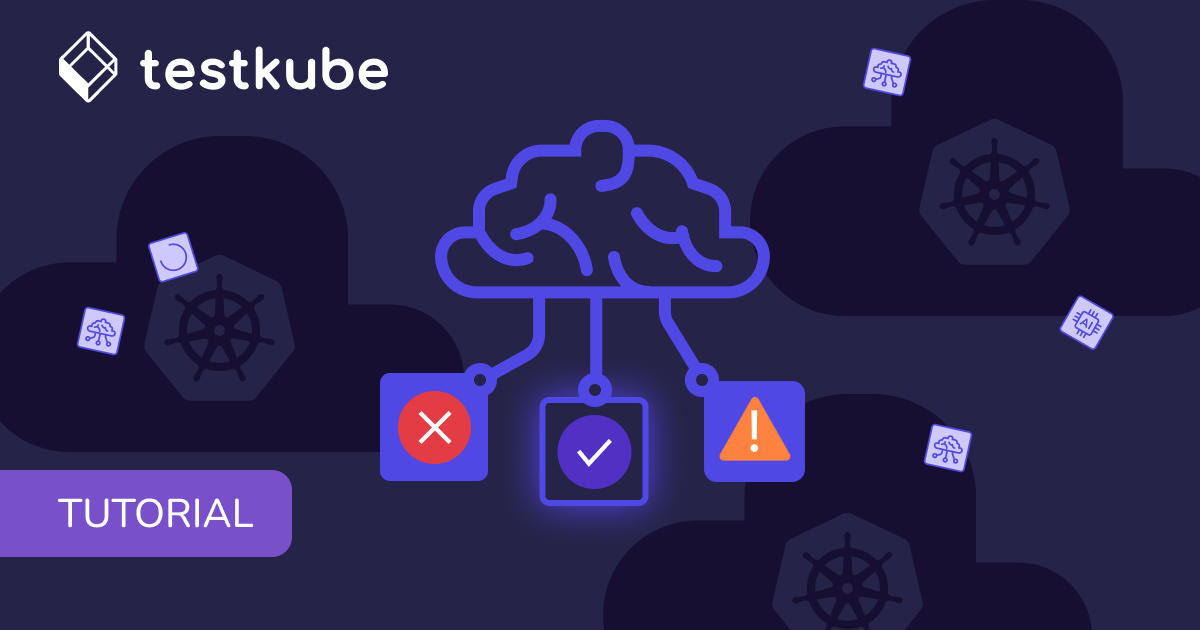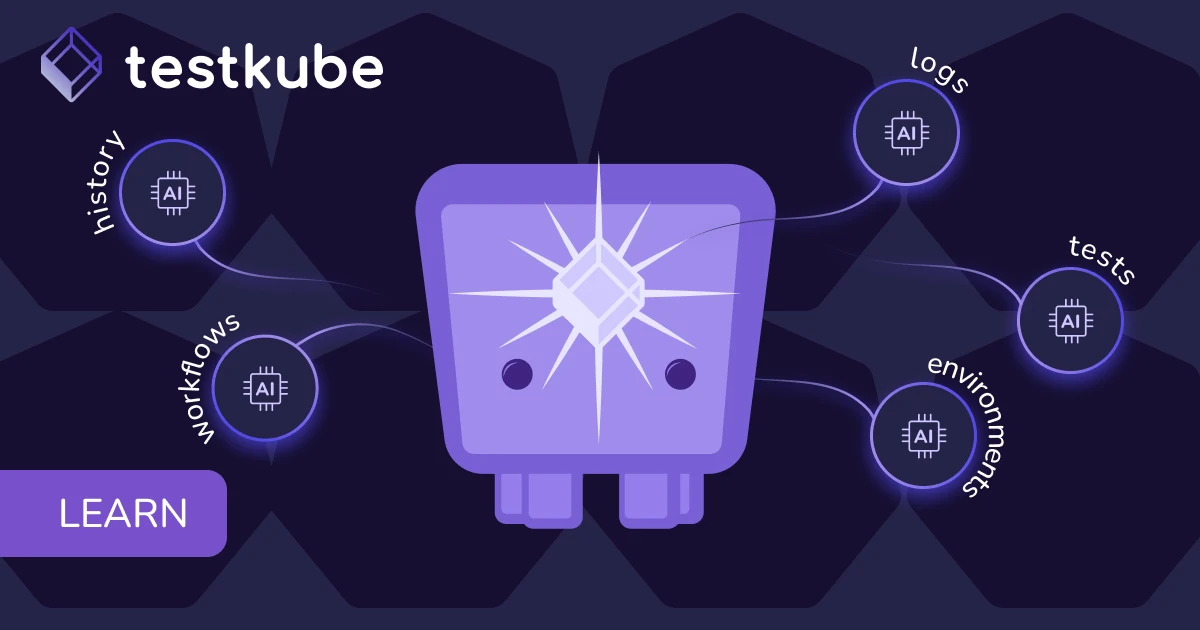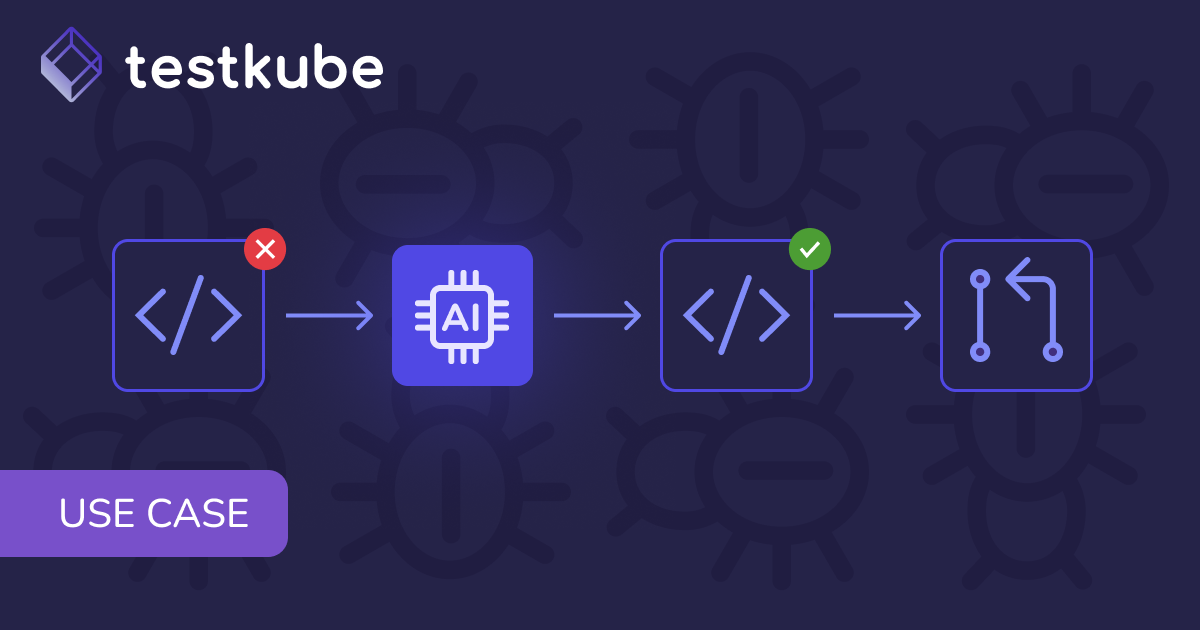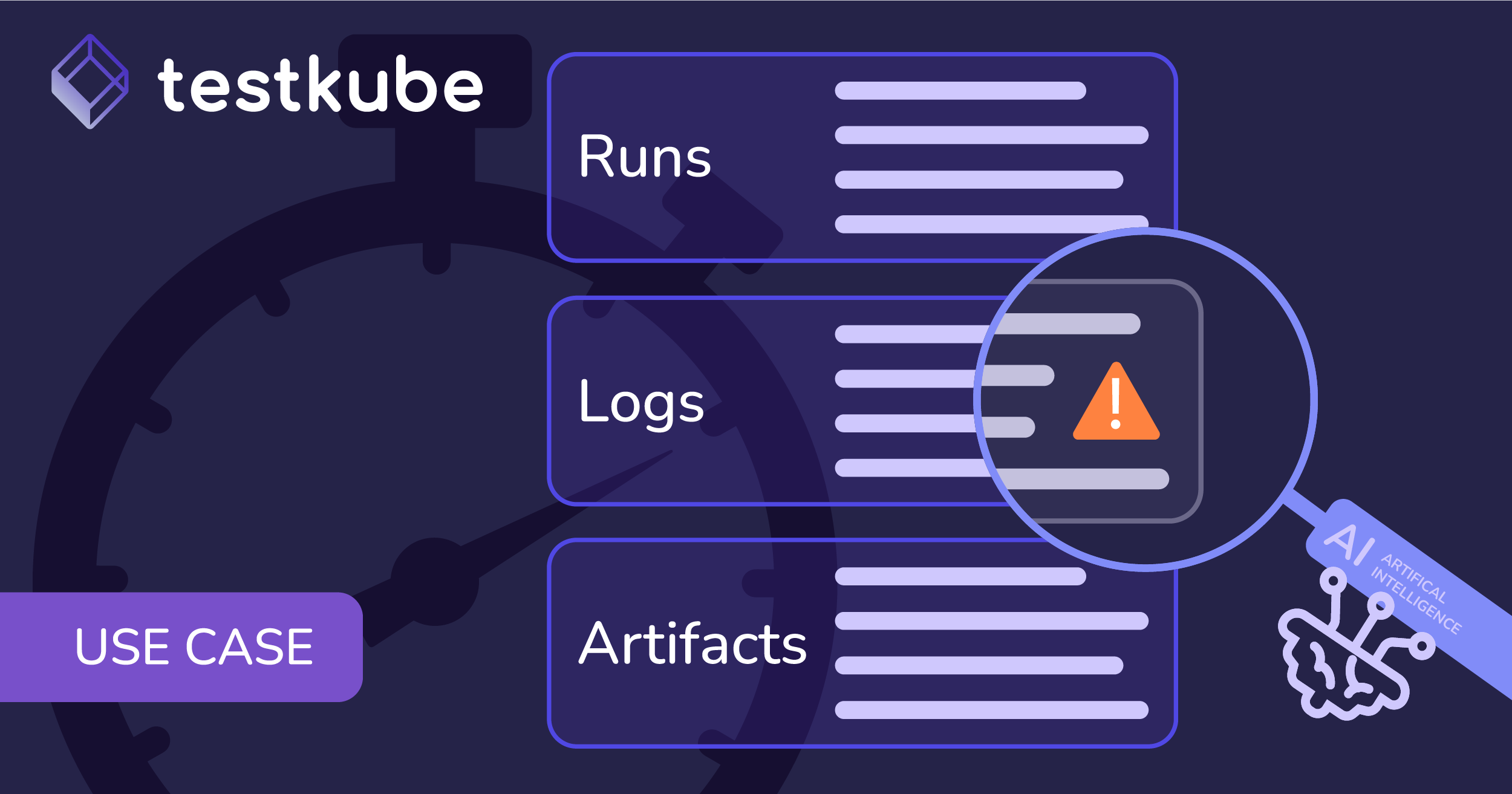Table of Contents
Further Reading
What Does Best AI Testing Tools Mean?
The term “best AI testing tools” refers to platforms that apply machine learning and natural language processing to improve how tests are created, executed, and maintained.
Unlike traditional frameworks that depend on coded scripts, AI testing tools use models that interpret human language, detect UI changes, and generate or repair tests automatically.
They are designed to reduce repetitive tasks, minimize flakiness, and speed up the validation process for modern, fast-changing applications.
Why It Matters
As software delivery accelerates with continuous deployment and AI-generated code, testing must evolve to match the same speed and intelligence.
AI testing tools help teams:
- Automatically generate test cases from user stories or requirements
- Self-heal broken tests when UI elements change
- Analyze test failures to identify root causes faster
- Predict defects before they occur
- Support continuous validation across web, mobile, and API systems
By leveraging AI, organizations improve testing efficiency, reduce costs, and increase confidence in release quality.
How It Works
AI testing tools use machine learning algorithms to interpret changes in code, UI, or behavior.
They often combine natural language understanding, visual recognition, and behavioral analytics to create and manage test coverage autonomously.
Some tools monitor live user interactions to generate tests that reflect real usage patterns. Others apply AI to prioritize high-risk areas, optimize execution order, or generate data for edge-case validation.
Top AI-Assisted Testing Tools
1. ACCELQ Autopilot
Generative AI platform for end-to-end continuous testing.
Features: Test creation in plain English, autonomous self-healing, and CI/CD integration.
2. BrowserStack and Percy
Cross-browser and visual testing with AI-powered visual diffing and self-healing.
Features: AI-driven element detection and low-code test authoring.
3. Testsigma
Codeless AI automation for web, mobile, desktop, and APIs.
Features: Built-in GenAI Copilot that generates test cases and suggests coverage.
4. LambdaTest KaneAI
AI agent for natural-language test authoring and debugging.
Features: Root-cause analysis, predictive test intelligence, and accelerated execution.
5. Testim
Machine learning-based functional testing platform.
Features: Speeds up authoring, fixes broken locators, and maintains UI tests automatically.
6. testRigor
Plain-English test creation for cross-platform automation.
Features: Selenium integration, self-healing locators, and no-code test generation.
7. Applitools
AI-powered visual testing and quality monitoring.
Features: Detects visual regressions and highlights meaningful UI differences.
8. Autonomous AI Testing Tools
Monitor real usage to generate and evolve tests automatically.
Examples:
- ProdPerfect: Builds end-to-end tests from live traffic patterns.
- Meticulous: Records user actions to maintain functional coverage.
- Functionize: Uses behavioral analytics to create autonomous test suites.
Free AI Testing Tools
- Generative AI models: ChatGPT, Gemini, and other LLMs that generate test data and ideas.
- Selenium IDE: Record-and-playback browser extension for early test automation.
These options allow smaller teams to explore AI-powered workflows before scaling into enterprise solutions.
Key Benefits
- Reduces manual scripting and test maintenance
- Adapts automatically to UI and code changes
- Speeds up test authoring through natural language
- Improves accuracy in defect detection
- Enables self-healing and autonomous workflows
How It Relates to Testkube
AI testing tools create intelligent test definitions, but they still need scalable infrastructure to execute and analyze them efficiently. Testkube provides that orchestration layer inside Kubernetes.
- Unified AI Orchestration: Testkube runs AI-powered tests such as Testsigma, testRigor, or ACCELQ workflows within Kubernetes.
- AI Workflow Integration: Through the Model Context Protocol (MCP) Server, AI agents can trigger, optimize, and monitor Testkube test runs autonomously.
- Scalable Execution: Distribute AI-generated tests across multiple clusters for faster validation.
- Centralized Reporting: Combine AI test outcomes, logs, and performance data into one control plane for better visibility.
- Continuous Learning: AI tools integrated with Testkube can use execution history to adapt and improve future test coverage.
Testkube turns AI-driven testing into a continuous, scalable, and observable system that supports both human-authored and AI-generated codebases.
Best Practices
- Start with AI tools that match your testing maturity and application type
- Combine AI-generated tests with traditional automation for higher reliability
- Integrate AI platforms with orchestration layers like Testkube for scalability
- Regularly review AI-generated test coverage for accuracy and relevance
- Use AI insights to prioritize high-risk areas in your application
Common Pitfalls
- Relying entirely on AI without human review can produce false positives
- Running AI-generated tests outside orchestration causes environment drift
- Ignoring data privacy and model accuracy in AI-driven testing
- Overlapping tools can lead to redundant test generation
- Lack of visibility across AI platforms limits debugging and analytics
Frequently Asked Questions (FAQs)
What are AI testing tools?
They use artificial intelligence to automate and optimize test creation, execution, and maintenance across software systems.
Which AI testing tool is best?
The best tool depends on your goals. ACCELQ, Testsigma, LambdaTest, and Applitools lead in generative, visual, and self-healing automation.
Can Testkube run AI-based testing frameworks?
Yes. Testkube can orchestrate AI-powered tools and workflows inside Kubernetes for scalable, continuous execution.
What is self-healing in AI testing?
It means the tool automatically adapts tests when code or UI changes, reducing manual maintenance.
How does Testkube use AI?
Testkube integrates with AI agents through its MCP Server, enabling autonomous test generation, execution, and optimization across Kubernetes environments.






.png)


.webp)
.jpg)
.jpg)